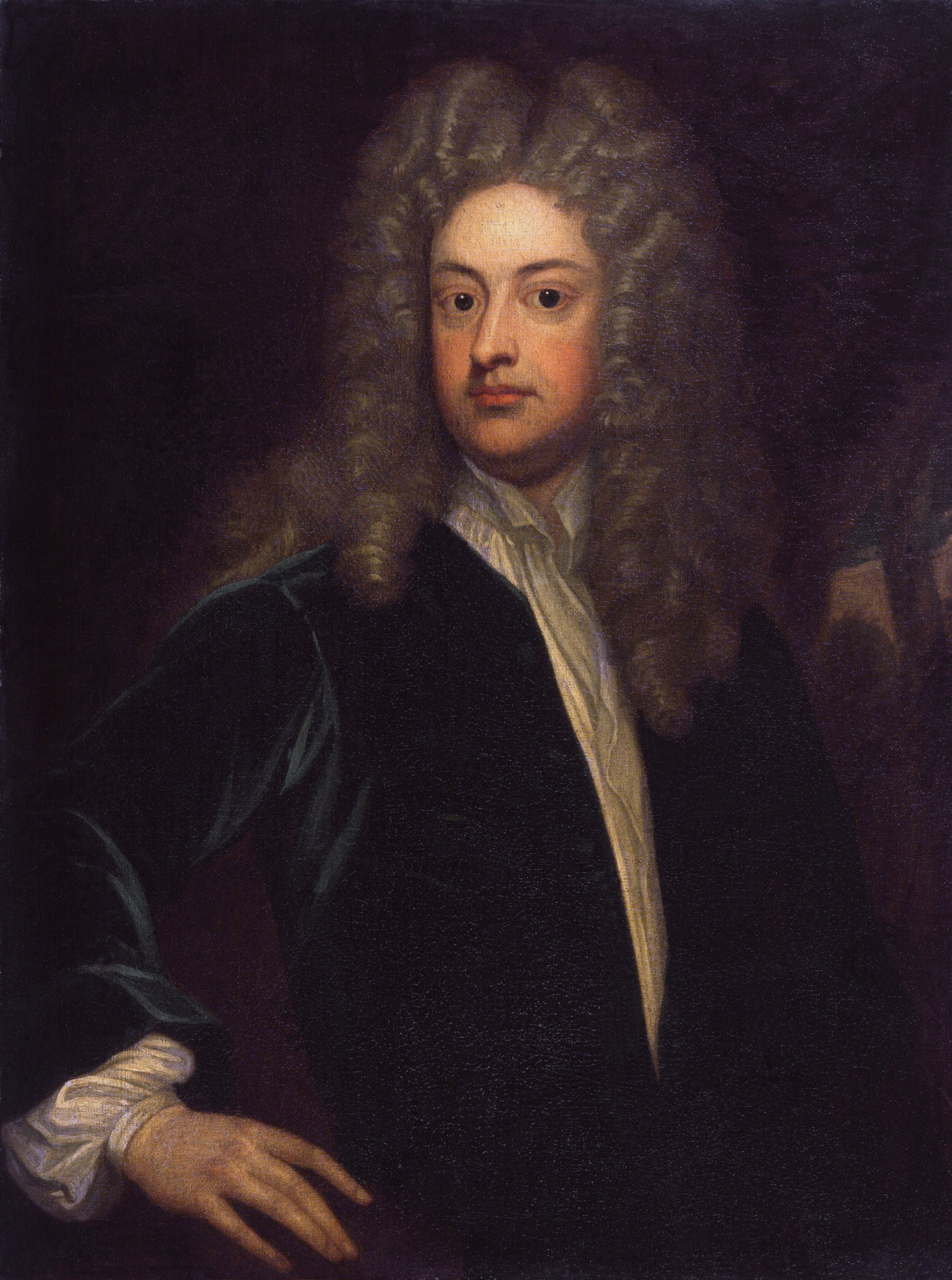Joseph Addison frasi celebri
“La domenica pulisce tutta la ruggine della settimana.”
112
Sunday clears away the rust of the whole week.
The Spectator
dal Guardian del 1713; citato in Ian Watt, Le origini del romanzo borghese
“Niente si può mettere bene in musica che non sia privo di senso.”
18
Nothing is capable of being well set to music, that is not nonsense.
The Spectator
dallo Spectator; citato in Ian Watt, Le origini del romanzo borghese
The Spectator
Joseph Addison: Frasi in inglese
Samuel Johnson in The Rambler, no. 148 (17 August 1751).
Misattributed
No. 476 (5 September 1712).
The Spectator (1711–1714)
“With regard to donations always expect the most from prudent people, who keep their own accounts.”
This is attributed to Addison in The Columbia Dictionary of Quotations (1993) with a citation of "Economy and Benevolence" in Interesting Anecdotes, Memoirs, Allegories, Essays, and Poetical Fragments (1794) but that was a publication of a contemporary "Mr. Addison" in several volumes, and not the poet. Vol. III of that publication (in 1796), on page 205, does contain these lines, but as part of an anonymous ancecdote.
Misattributed
“On you, my lord, with anxious fear I wait,
And from your judgment must expect my fate.”
A Poem to His Majesty (1695), l. 21.
Second Angel, in Rosamond (c. 1707), Act III, sc. i.
“I shall endeavor to enliven morality with wit, and to temper wit with morality.”
No. 10 (11 March 1711).
The Spectator (1711–1714)
No. 476 (5 September 1712).
The Spectator (1711–1714)
No. 169 (13 September 1711).
The Spectator (1711–1714)
“Jesters do often prove prophets.”
Not found in Addison's works, and "Jesters do oft prove prophets" is actually William Shakespeare, in King Lear, Act V, sc. iii.
Misattributed
No. 115 (12 July 1711).
The Spectator (1711–1714)
No. 10 (11 March 1711).
The Spectator (1711–1714)
“A man should always consider how much he has more than he wants.”
No. 574 (30 July 1714).
The Spectator (1711–1714)
No. 535 (13 November 1712).
The Spectator (1711–1714)
Very often attributed to Addison, this is apparently a paraphrase of a statement by Hugh Blair, published in Blair's Sermons (1815), Vol. 1, p. 219, where he mentions "men of pleasure and the men of business", and that "To the former every moment appears to be lost, which partakes not of the vivacity of amusement".
Misattributed
No. 195 (13 October 1711).
The Spectator (1711–1714)
“Better to die ten thousand deaths,
Than wound my honour.”
Act I, scene iv.
Cato, A Tragedy (1713)
